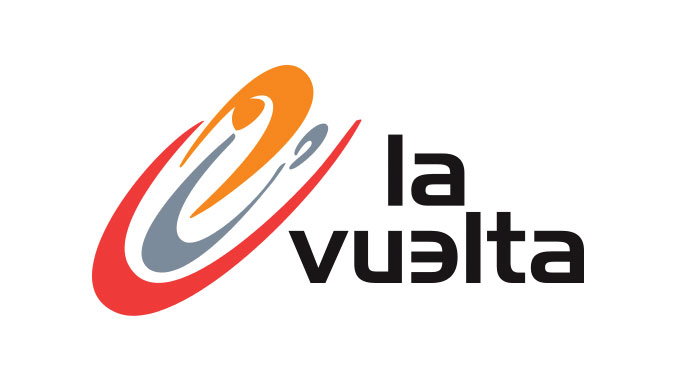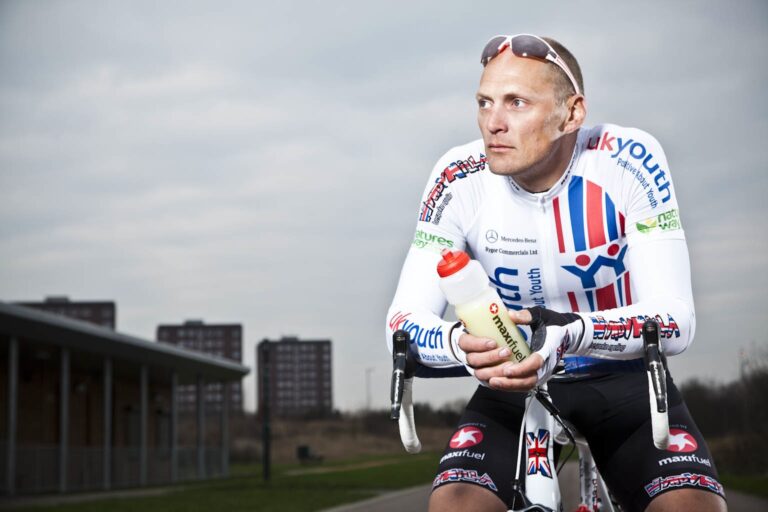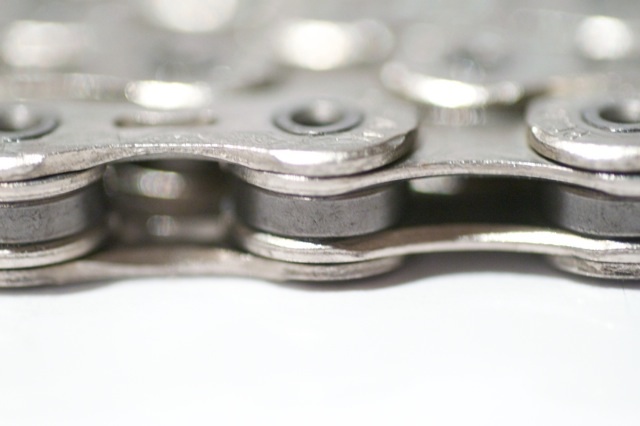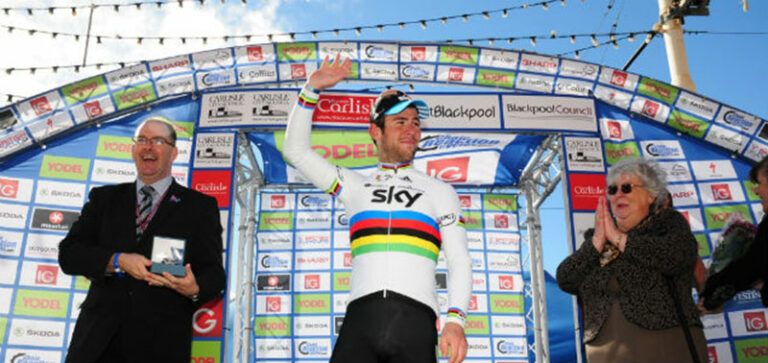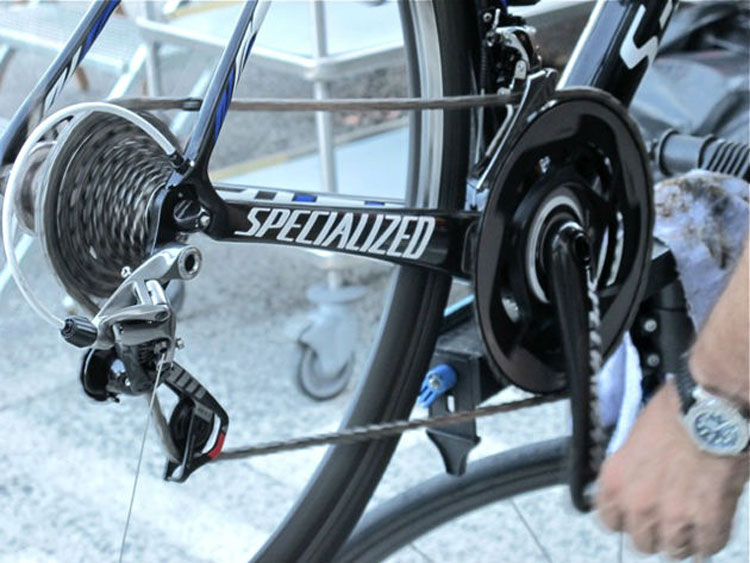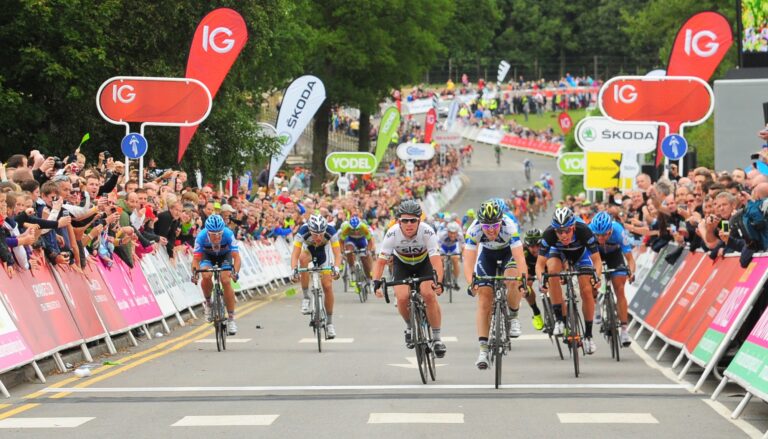The Vuelta a Espana starts tomorrow (Saturday 18), with the prospect of a second British victory in a Grand Tour this year.
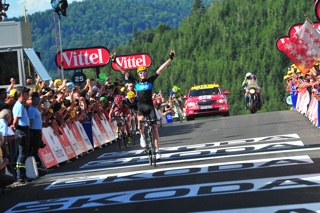
Chris Froome (Team Sky,) runner up to Bradley Wiggins at the Tour de France in July, and one place ahead of third-placed Wiggins at last year’s Vuelta, will start among the favourites.
But the race is also significant for the return of Alberto Contador (Saxo Bank-Tinkoff Bank), a six-time Grand Tour winner until he was stripped of his 2010 Tour de France and 2011 Giro d’Italia victories earlier this year, and winner of the 2008 Vuelta.
Other contenders include Joaquim Rodriguez, runner up in the Giro d’Italia in May, and his joint team leader at Katusha, Denis Menchov, Vuelta champion in 2005 and 2007.
Thomas de Gendt, who delivered superb rides on the final two stages of the Giro, and missed the Tour and the Olympics, will almost certainly be eyeing a podium finish in Madrid.
Here’s a closer look at the five men who could leave Madrid in three weeks time as 2012 Vuelta champion.
Chris Froome
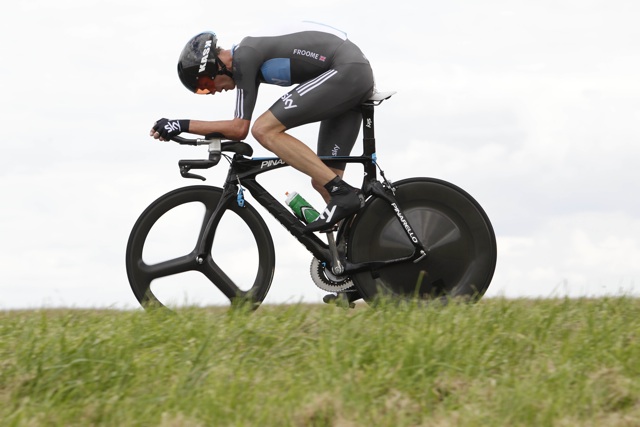
Froome is enjoying the best season of his career, a statement that gains emphasis from his second place in last year’s Vuelta. His riding in support of Wiggins in the Tour gained many admirers and reports in L’Equipe that he was unhappy in his role of super domestique. Team Sky, clearly keen to hold on to one of the brightest talents in the peloton, have given him the leader’s role for the Vuelta, a race many feel he would have won last year if the team had organised behind him earlier. Leadership, however, brings its own challenges, and it will be interesting to see how Froome copes in a far more demanding role. Yes, he was strong on the climbs of the Tour, but he rode free of pressure and the need to marshal troops, and no reason to save himself for the days ahead: if he blew while leading Wiggins, well, he’d have been doing more than his job. Such freedom can inspire greater performances. Can he deliver at the same level while carrying the hopes of the peloton’s strongest team? The Vuelta will make fascinating viewing for this, if for no other reason.
Alberto Contador
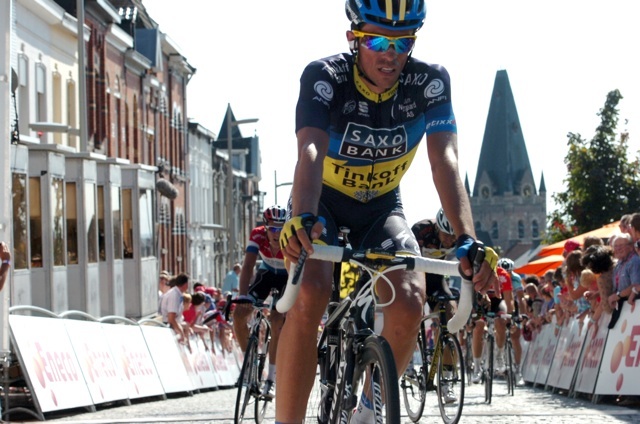
Of course, there is another very good reason to watch the Vuelta: the return to Grand Tour action of Alberto Contador. The Spaniard made a relatively low key comeback at the Eneco Tour earlier this month, but the Vuelta is a race, in the words of his team manager, Bjarne Riis, he simply has to win. He knows how. Vuelta champion in 2005, the first of six Grand Tour wins (reduced to four following a CAS ruling on a positive test for clenbuterol at the 2010 Tour de France), Contador is arguably the greatest stage racer of his generation, and, in the opinion of Riis, the greatest rider he has ever seen. Froome will have much to contend with if Contador returns in form, although the British rider will have a much stronger team. Contador told a press conference yesterday (17) that his rivals would be stronger in the first week of the race, quite a statement given the rolling profile of stage three and the summit finish on stage four. Froome vs. Contador, however, remains a mouth watering prospect.
Joaquim Rodriguez
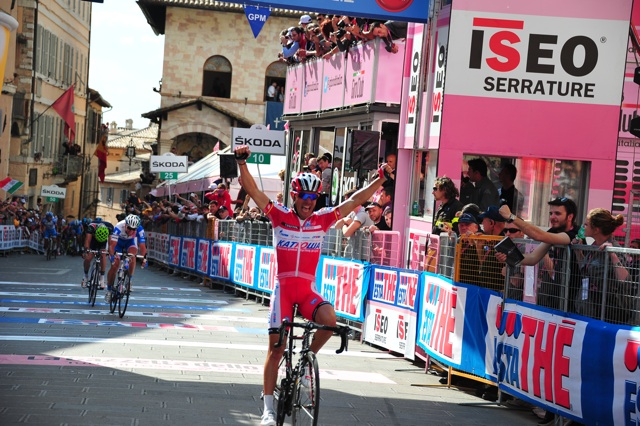
The other Spaniard with a realistic chance of overall victory, Katusha’s Joaquim Rodriguez has enjoyed a superb season, finishing second at the Tour of the Basque Country and the Giro, and winning La Fleche Walloone. An in-form Contador is unquestionably superior to Rodriguez but with the pair at different stages of their career (Rodriguez experiencing his best ever season, Contador on the comeback trail) the match up is not so disparate as might seem at a first glance. Rodriguez rode an impressive Giro, attacking eventual winner Ryder Hesjedal in the final kilometres of mountainous stages and producing arguably the best time trial of his career in Milan in a final bid for overall victory which many had considered doomed before he set off. At 33, and in his twelfth year as a professional, he has a wealth of experience on which to draw. Rested from the Tour after his exertions in the Giro, and absent from Spain’s Olympic team, Rodriguez will be well rested for the Vuelta. Much will depend, however, on strategic decisions from Katusha’s management as they hedge their bets on who has the greater chance of victory: Rodriguez or…
Denis Menchov
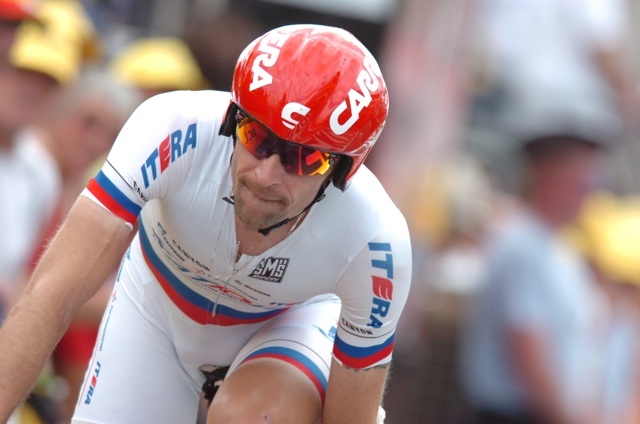
Twice a winner of the Vuelta, and fifth last year when overall victory went to his then-teammate, Juan Jose Cobo, Menchov deserves to be counted among the contenders if not the favourites, but if Rodriguez is in the form of his life at 33, at 34 Menchov is starting to look like a spent force. He finished 15th last month in the most open Tour for years, and has only victory in the Russian national time trial championships to speak of for the first half of the season. Finishing over nine minutes down in the Olympic road race after making the final selection, and nearly 4.20 down on Wiggins in the Olympic time trial, suggests that his form entering the Vuelta is less than stellar. And yet his prior achievements prove that he has the tools for a podium finish. The parcourse suggests this is a race better suited to Rodriguez. Menchov can survive in the mountains, but is not a rider able to gain time on the climbs, relying instead on the time trial to climb the GC.
Thomas de Gendt
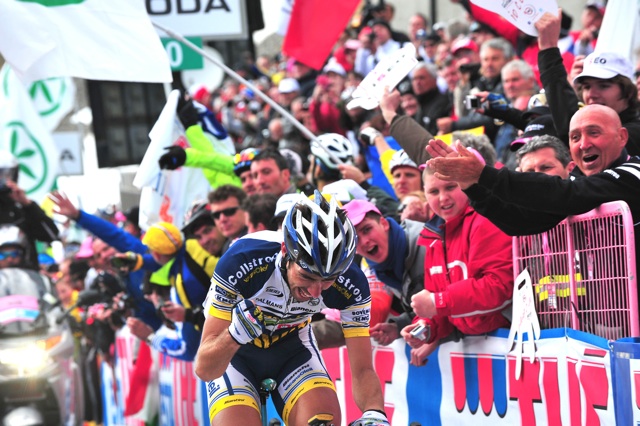
Few people are talking about Thomas de Gendt (Vacansoleil-DCM), but after his performance on the Queen Stage of the Giro, where he attacked on the Mortirolo and soloed to victory up the Stelvio, dropping talents like Damiano Cunego (Lampre-ISD) on the way, he is unlikely to be ignored by the peloton. Returning to the saddle the following day to finish fifth in the time trial in Milan and climb to third overall, the Belgian proved his powers of recovery and abilities as a time trialist – vital qualities for a rider hoping to win a Grand Tour. Still only 25, De Gendt has time on his side. His Vacansoleil-DCM squad is not the strongest in the race, but in race whose parcours includes 13 mountains stages and six summit finishes, a top 10 finish should be the Belgian’s lowest aspiration.
Television coverage
ITV4 will show highlights of each stage, starting on Saturday (18) with an hour-long programme from 9pm. British Eurosport will offer daily live coverage.

